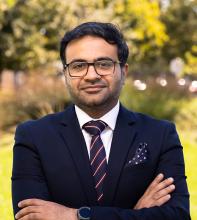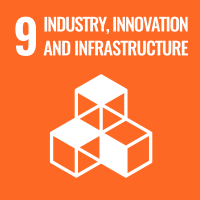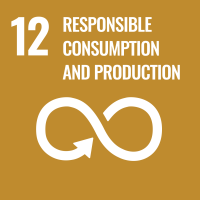
About Syed Muhammad Ahsan Abbas
Country: Pakistan
Pronouns: he/him/his
Ahsan Abbas is an electrical engineer with 12 years of experience. He holds a bachelor’s degree in electrical engineering from Govt. College University, Lahore Pakistan. He is currently working as a senior engineer MEP in a public organization Infrastructure Development Authority Punjab. His work includes electrical design and vetting for building and infrastructure power design solutions and energy audits. Ahsan has attended a LEED Certification course from National Energy Efficiency and Conservation Authority Pakistan in collaboration with United Nations Climate Technology Centre and Network on sustainable green building construction concepts and energy conservation.
Previously, Ahsan worked for a multinational company, Packages LTD. He managed the design and construction activities related to electrical, power, IT and mechanical systems in close coordination with renowned British architects and Australian engineers. He has demonstrated a steadfast commitment to public service and the fight against the energy and climate challenges in Pakistan.
The Humphrey Fellowship Program will help Ahsan build his knowledge of the latest advancements and provide experience in a diverse, multi-cultural interactive environment, thus improving teamwork and interactive skills and providing opportunities to make connections. The knowledge and experience will surely enable him to achieve his goal of employing the latest international practices. His long-term goals include setting up a non-profit consultancy to promote and accelerate the implementation of clean energy solutions by providing the necessary knowledge, tools and support to peers and members.
Available to speak on the following topics:
- The global trend of energy transition to energy-efficient construction in the context of renewable energy, energy management and conservation, and policy-making for the utilization of natural energy resources.
- The sustainable green design of infrastructure, optimization of energy demand, design of renewable micro power generation systems, water conservation, electric vehicles/charging stations and optimal carbon footprints from the environment-friendly natural resources.
Related SDGs

